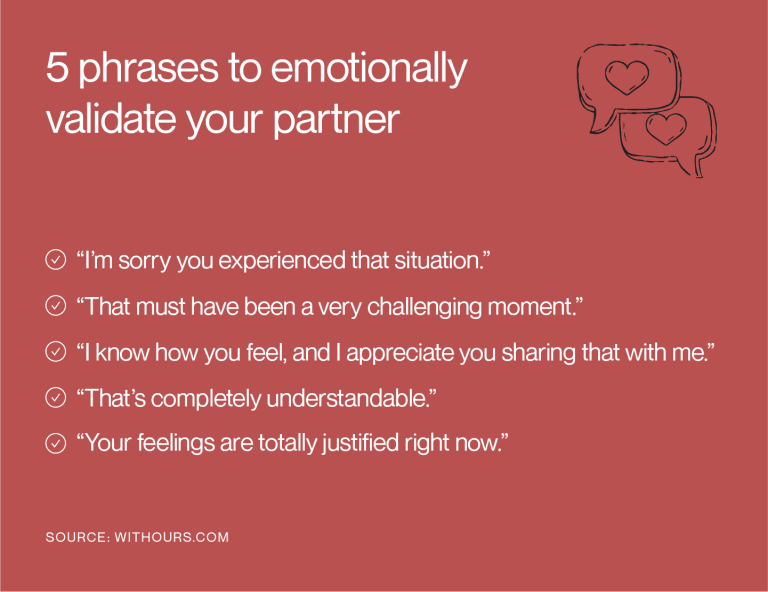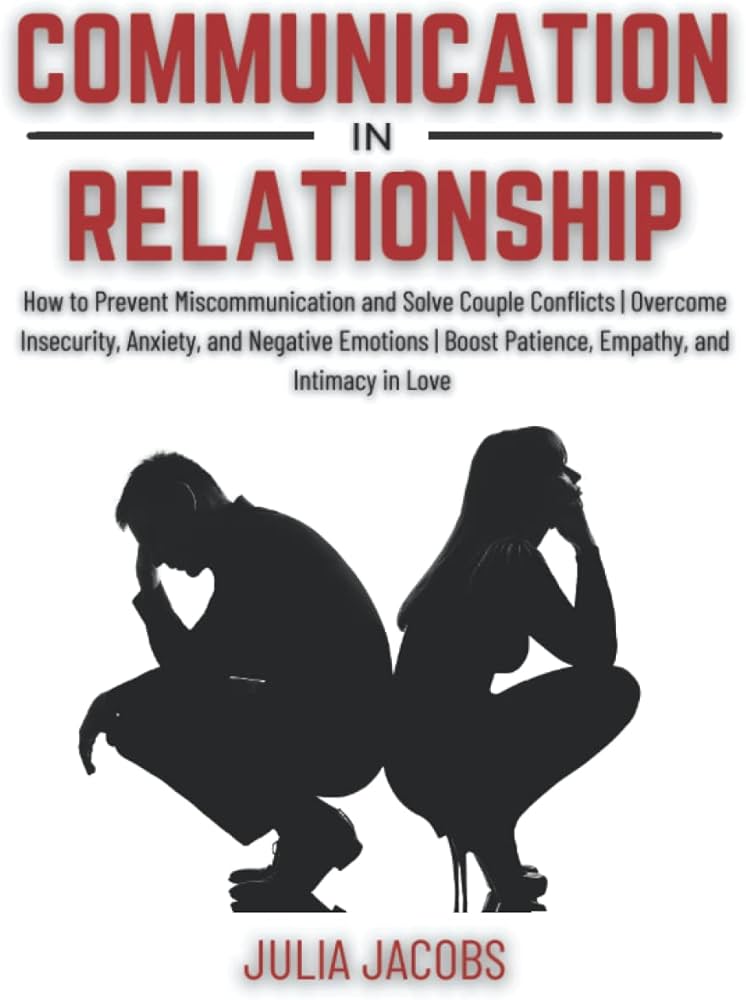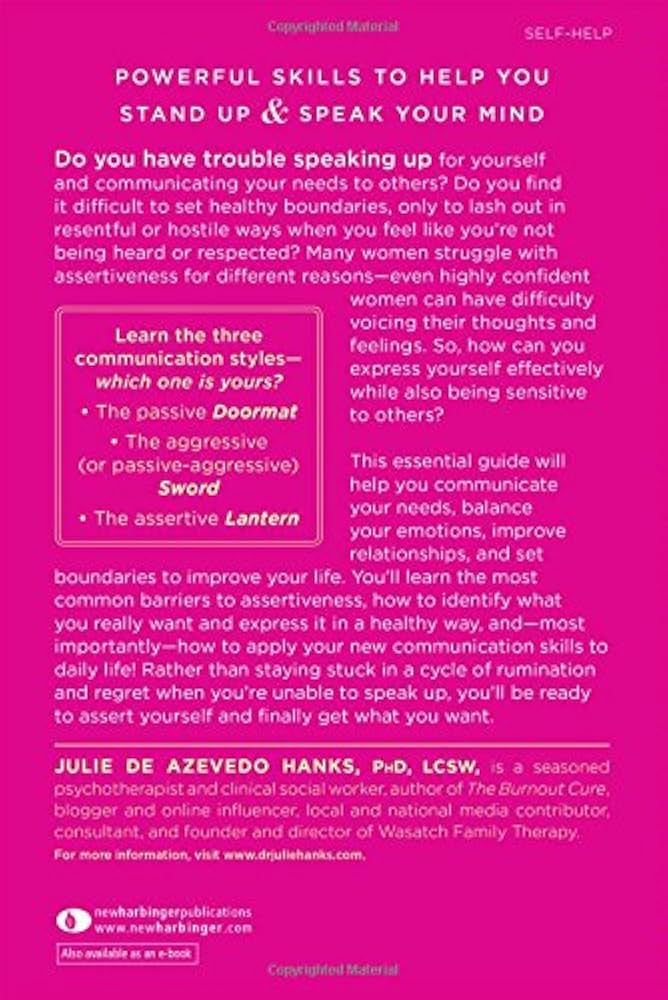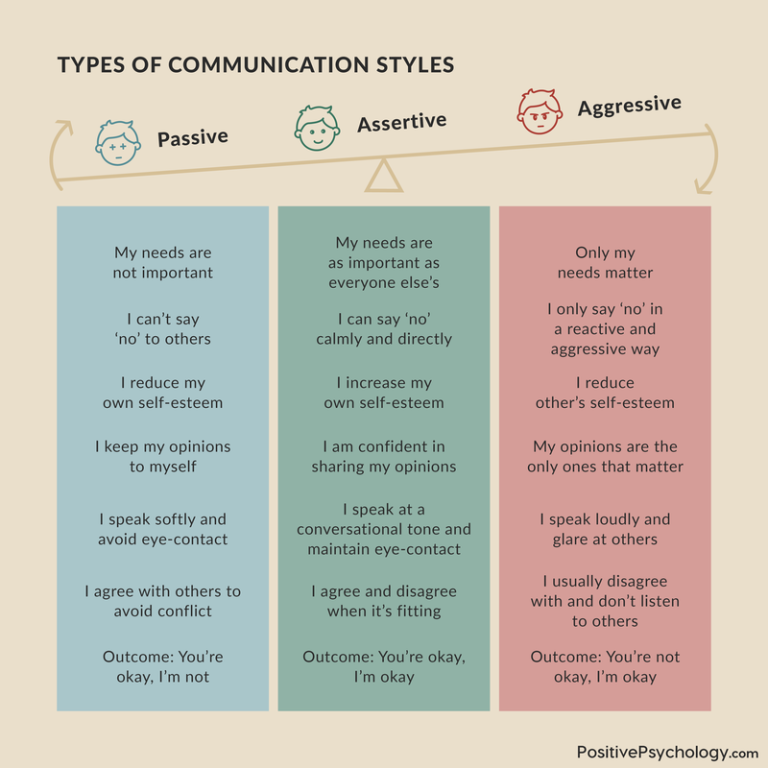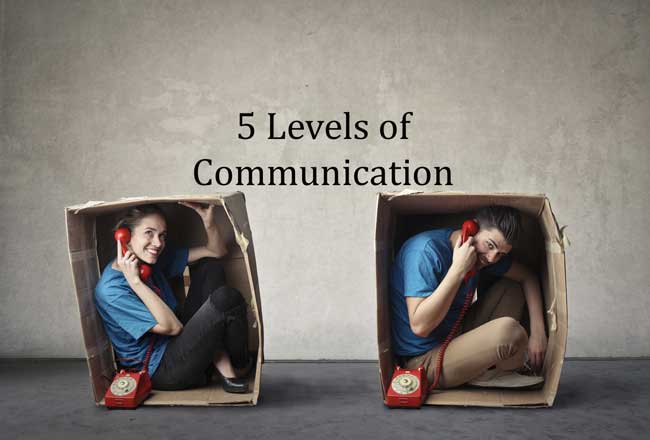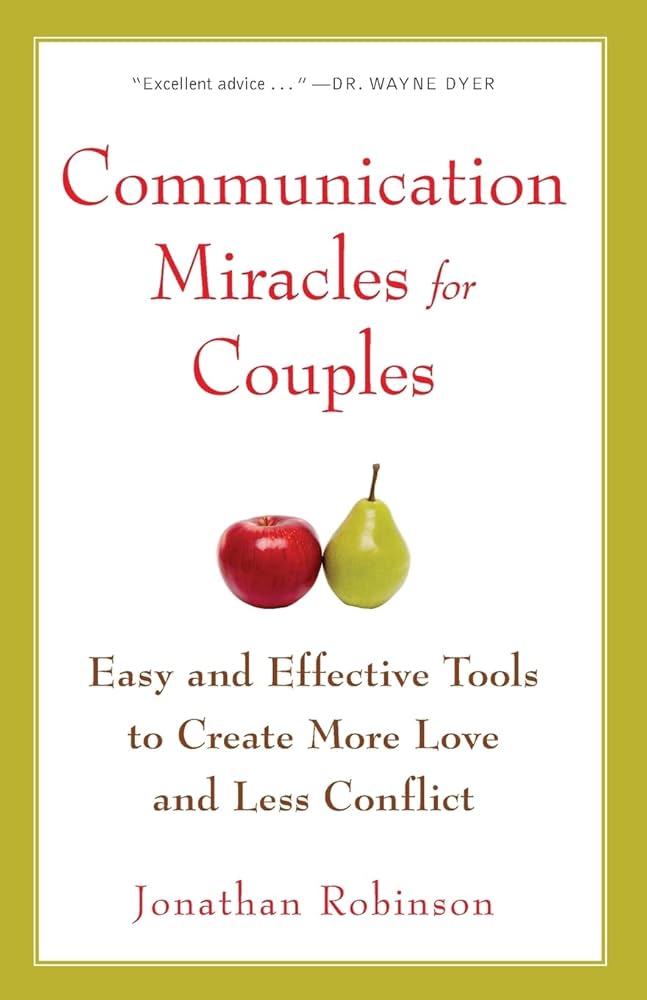Marriage Communication Exercises: Strengthen Your Bond
Communication is key in any marriage. Couples need to talk and understand each other. Marriage communication exercises can help improve these skills. Relationships thrive on understanding and sharing. Often, daily life makes it hard to focus on each other’s needs. These exercises offer structured ways to connect. They help couples express feelings and listen better….
